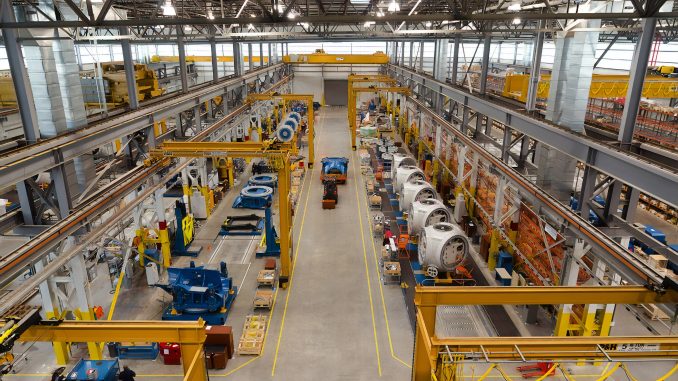
Published in El Pais, 31 March 2021.
I have long been a proponent of globalization. Essentially, I believe that every country should focus on their strength and trade with each other rather than inefficiently be self reliant. It is not a perfect system of course, in the short-term jobs are lost but in the long run everyone benefits. This of course is not a sentiment shared by everyone, many South American countries like Bolivia, Argentina and Brazil have incredibly high protectionist tariffs that make some goods cost twice as much as if you were to get them in the United States, all to make companies produce the goods locally instead of importing them from abroad. Both sides of the arguments have valid points but lately the anti globalization side has a few more in their favour due to recent events.
The pandemic is the first thing that has given globalization a black eye. At the start it became apparent that every country was on their own. A perfect example is the worsening relationship between Canada and the US. The two share the largest border in the word and the past 100 years have been close allies. So, it came as a shock when former President Trump blocked the Canadian governments attempt to purchase N95 respirators for health care workers on the front line. The move was ill advised as the company that sells them, 3M, pointed out that they make the respirators from materials in Canada and it was not long that Canada threatened to cut those off should they not be able to make their purchase.
Canadians do not just feel betrayed by their neighbours to the south. Like everyone around the world people paid attention to the development of the vaccine with many companies developing their own and starting the manufacturing and distribution process. Canada was looking forward to getting some of their vaccines from European manufacturers, only for the EU to block exporting vaccines.
Finally, the rest of the world will no doubt experience various shortages due to the situation in the Suez Canal. Thanks to the large freighter stuck in the middle one of the world’s busiest canals has come to a halt. The estimation in lost fees is roughly $14 million a day.
Granted this all looks bad for globalization, but the fact is that these are rare moments in life. There will always be events that we have not planned for that will poke holes in a country’s manufacturing infrastructure. Today’s its masks and vaccines, tomorrow its something else. The best we can do is look at this as a one-time event and improve emergency response times in case of future events.



Be the first to comment